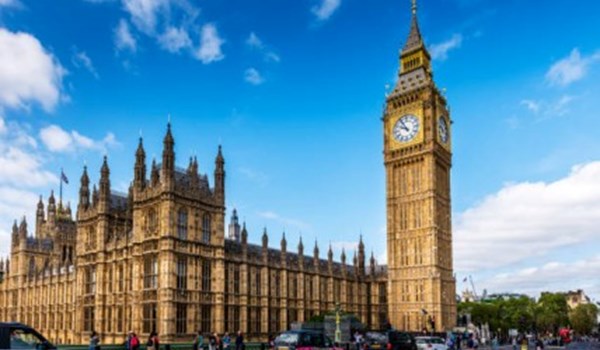In a recent ruling, the Fifth Circuit Court of Appeals delivered a blow to the U.S. Securities and Exchange Commission (SEC), declaring its 2023 regulations on hedge funds and private equity firms as beyond its legal mandate. This ruling not only questions the SEC’s regulatory approach but also raises concerns about its authority, especially in relation to the cryptocurrency industry.
The Verdict: SEC Regulations Deemed Unlawful
On June 5, 2024, a panel of three judges ruled that the SEC’s regulations went beyond the authority granted by Congress. These rules, implemented in 2023, aimed to increase transparency by requiring annual audits, quarterly reports on fees and expenses, and stricter rules against preferential treatment for certain investors.
Inside the SEC’s Controversial Rules for Hedge Funds
Introduced in August 2023, the SEC’s regulations mandated private funds to:
Conduct annual audits for each fund
Issue quarterly reports detailing fees, expenses, and performance
Disclose specific fee structures
Eliminate preferential treatment for certain investors
Despite aiming to shed light on financial operations within these funds, criticism arose over the perceived overreach of the SEC’s legislative mandate.
Tensions Rise: It’s Now Crypto vs SEC
The court’s ruling highlights the growing tension between the SEC and various sectors, particularly the cryptocurrency industry. Similar accusations of regulatory overreach have been leveled against the SEC in this realm. The fallout from this decision could shape ongoing discussions regarding the SEC’s authority, especially with upcoming congressional actions.
Congressional Response
The SEC’s perceived overreach may prompt Congress to reconsider its authority, especially concerning the crypto industry. Recent legislative moves signal a potential shift in regulatory power. The Financial Innovation and Technology for the 21st Century Act, which aims to transfer regulatory oversight of crypto to the Commodity Futures Trading Commission, recently gained bipartisan support in the House. Moreover, a bipartisan-backed resolution aimed at revoking SAB 121, which limits banks’ involvement in crypto, faced a presidential veto from Joe Biden.
Implications of the Court’s Ruling
The Fifth Circuit Court of Appeals’ verdict against the SEC highlights the agency’s challenges in expanding its regulatory domain. With Congress leaning towards a pro-crypto stance, the SEC could encounter further constraints on its authority.
With the SEC’s authority in question, the future of financial regulations, particularly for the booming crypto industry, remains uncertain.



